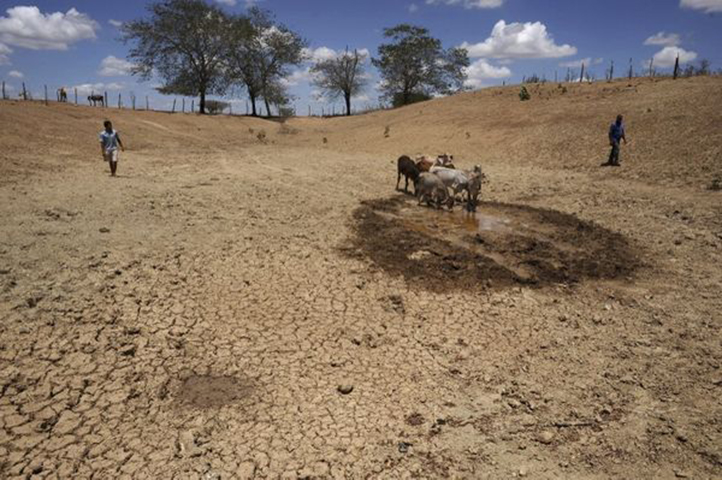Building Adaptive Capacity and Sustainability in the Brazil Semi-Arid Region
Building Adaptive Capacity and Sustainability in the Brazil Semi-Arid Region
Building Adaptive Capacity and Sustainability in the Brazil Semi-Arid Region
Program: UM-Brazil Sustainability Cooperation Grants
All UM-Brazil Sustainability Cooperation Grants projects »

U-M Investigators
Maria Carmen Lemos - School for Environment and Sustainability
Collaborators
Martin Obermaier - Federal University of Rio de Janeiro
Project Summary
Historically, drought in the northeast region of Brazil has severely affected the region’s rural population, especially rain fed subsistence farmers. Over the past decade, the Brazilian government has enacted a number of social policies to eradicate poverty in Brazil. In NE Brazil, policies related to cash transfer, primary education and public health were expected to mitigate negative impacts of drought as well as increase overall well-being of community members. Leveraging baseline data from two existing projects, researchers examined the impacts of different kinds of socio-environmental interventions on the livelihoods of subsistence farming households in the state of Ceara, NE Brazil. Both existing projects focused on the intersection of livelihoods, technological innovation, environmental sustainability, and vulnerability to drought. The new collaboration increased understanding of the relationships between climate adaptation and sustainability in the Brazil semi-arid region.
This project received a $10,390 UM-Brazil Sustainability Cooperation Grant in 2013.